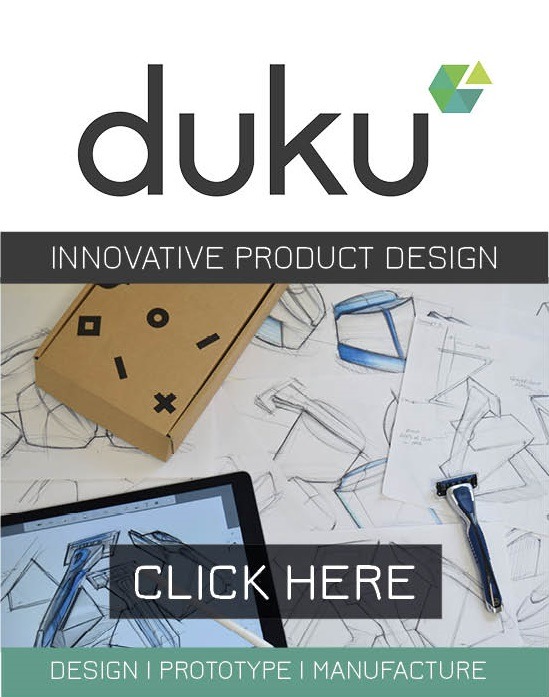Ask an Expert Attorney
What Our Customers Say...

I want to personally thank Charlie Heal , Emily Fox, Cara McAtee, and the entire team at Albright IP for their hard work, dedication, and professionalism in helping me submit my first ever patent: the Baffer Ball fire suppression system.
From the very first meeting, Charlie and Emily made everything feel clear, comfortable, and respectful. They listened carefully to my ideas, even though I’m not from a technical or legal background – I’m a painter and decorator by trade. But they believed in my vision and treated it with such care and seriousness that I felt truly supported as an inventor.
Over several months, we worked closely by email and phone. Charlie and the team guided me step by step to build one of the strongest, clearest, and most professional patent drafts I could have hoped for. The claims they wrote are powerful, and the language used shows how deeply they understood my invention. They didn’t just file a document – they helped shape a legacy.
Charlie, even though he is young, is incredibly professional and experienced. I am amazed at how he managed such a complex project with kindness, patience, and precision. Emily and Cara were also fantastic throughout.
This was not just paperwork – this was my dream since childhood. And Albright IP helped me make that dream real.
💬 I look forward to working with them again on future patents. The Baffer Ball is just the beginning – and I am proud that Albright IP was there from Day 1.
Thank you so much again — from the bottom of my heart.
— Morteza

He’s not only incredibly knowledgeable, but also warm and approachable. No question has ever felt too small, and he genuinely cares about the success of my business. I’d highly recommend Marc to anyone looking for a dedicated, trustworthy, and skilled patent attorney.

Need a Product Designer?
Helpful Tips
Do I have to identify the designer?
It is possible to waive the name of the designer when filing a European Community Design, but you should be sure that you have the rights to the design
GLOSSARY (A)
ABANDONMENT
By not replying to an official deadline, a patent application will be treated by the UK IPO as abandoned. This may be intentional, for example, if the applicant is no longer interested in commercialising the product or process to which the application relates, or it may be accidental. If accidental, it may be possible in limited circumstances to revive the application and continue with prosecution.
ABSTRACT
An abstract is a summary of the patent description primarily used for searching purposes by patent offices around the world. Typically it includes the technical field of the invention and an indication of how the invention works.
ACCELERATED PROSECUTION
Accelerated Prosecution is the process of accelerating the progress of a patent application through the patent office to achieve an earlier grant date.
ACTS OF INFRINGEMENT
If you have a granted patent, and somebody uses that invention, then that person is infringing your patent and you are entitled to take Court action to stop them.
ADDED MATTER
Added matter is subject matter added to an application beyond that originally in the application and generally has to be removed. No new subject matter can be added to a patent application, once filed.
AMENDMENT
An amendment is the process of making changes to your patent application in order to meet patent office objections. However, an amendment can usually only relate to material that is already in the patent specification. No new or added matter can be included as part of an amendment.
ANNUITY
An annuity (also known as an annuity fee, renewal fee or maintenance fee) is an official government fee payable to the relevant Patent Office to keep a patent, registered design and trademark in force. An annuity is usually payable annually. Albright IP provides a very cost-effective world-wide annuity payment service, which includes sending of reminders when the annuity becomes due and payment of the annuity on your behalf.
APPEAL
An appeal is the process by which the decision of a court of trial is contested, in order to reverse the decision after final judgement or other legal ruling. There is almost always the possibility to apply for appeal, providing the permission of the trial judge or the Court of Appeal is obtained.
APPLICANT
The applicant is the person or company that legally owns a patent, trade mark or design registration (or application). The applicant, if an individual, may be the same as the inventor. If the applicant is a company, then the inventor may be an employee or director and this is how the company is entitled to use the invention.
APPLICATION FEE
The application fee is also known as a filing fee. When filing a UK patent application or a European patent application, a filing fee is due. In the case of the UK patent application, this can be paid within 12 months of the earliest filing date. However, the UK official search will not be undertaken until the filing fee is paid. We would recommend paying the application / filing fee when filing the patent application so that the official search can proceed as soon as possible (since this takes around 6 months to be returned). As for a US patent application, the USPTO official fee for filing a provisional patent application is significantly lower than the fee required to file a standard non-provisional patent application.
ARBITRATION
Arbitration is a well-established and widely used means to end disputes. It is one of several kinds of Alternative Dispute Resolution, which provide parties to a controversy with a choice other than litigation. Unlike litigation, arbitration takes place out of court: the two sides select an impartial third party, known as an arbitrator; agree in advance to comply with the arbitrator’s award; and then participate in a hearing at which both sides can present evidence and testimony. The arbitrator’s decision is usually final.
ASSIGNMENT
This is a legal agreement transferring one or more intellectual property rights from one person (or company) to another. Assignments are used to sell, amongst other things, patents, registered designs and trademarks.

